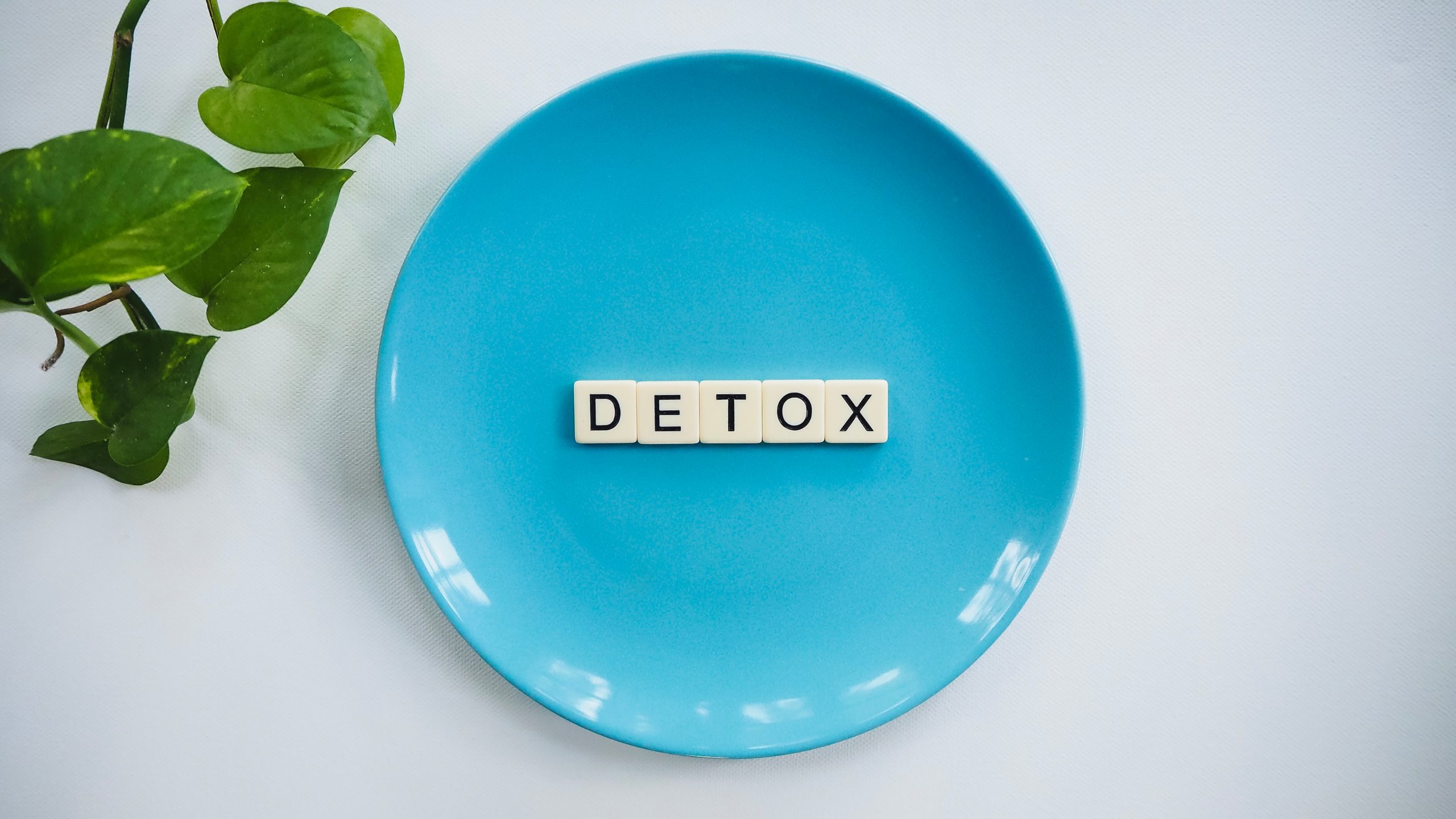According to the Centers for Disease Control and Prevention, marijuana is the most commonly used federally illicit drug in the United States. The myth that it is impossible to become addicted to this drug places vulnerable populations, such as adolescents, at higher risk of developing problematic patterns of use. The Substance Abuse and Mental Health Services Administration estimates that one in ten individuals who use marijuana will become addicted. Use beginning before the age of eighteen increases that number to one in six. With advances in the growth and cultivation of the cannabis plant prompted by the legalization of marijuana sales at the state level, the amount of THC in marijuana today is approximately three times what it was twenty-five years ago.
Symptoms of Withdrawal
Now that we’ve set the scene as to why cessation of the use of marijuana is an important issue, let’s walk through what it looks like for marijuana to leave someone’s system. Unlike other substances such as alcohol, the active chemical in marijuana, THC, is stored in fat cells and therefore takes longer to fully clear from the body. The body can retain THC in the fat cells for weeks or months as opposed to the days for water-soluble substances, which can increase the length of withdrawal symptoms. Common symptoms of marijuana withdrawal include:
- Insomnia
- Depression
- Nightmares
- Vivid Dreams
- Irritability
- Concentration Issues
- Decreased Appetite
- Cravings for Marijuana
- Headaches
- Night Sweats
- Hand Sweats
- Coughing
Managing the Withdrawal
While the symptoms of withdrawal aren’t overall pleasant, they can be managed. Often individuals detoxing from this drug use can do so at home managing with self-care. The physical effects of withdrawal peak one week after stopping use and can last on average up to two weeks. Some techniques to reduce the symptoms include:
- Hot baths to ease discomfort
- Drinking plenty of water and clear fluids
- Reducing caffeine intake until a new sleep pattern is established
- Exercise to reduce irritability and break down the fat cells THC is stored in
- Attending mutual aid group meetings (such as Marijuana Anonymous) for support
- Mindfulness and meditation apps
- Get plenty of sleep to let your body and brain rest
If you are unable to manage your symptoms of withdrawal at home or need increased support, reach out to treatment centers in your area. Cannabis Use Disorder is a diagnosable clinical issue and support from trained addiction professionals can aid in your goal of breaking pattens of marijuana use that negatively impact your life.







